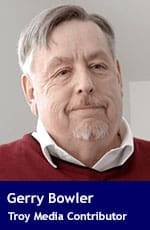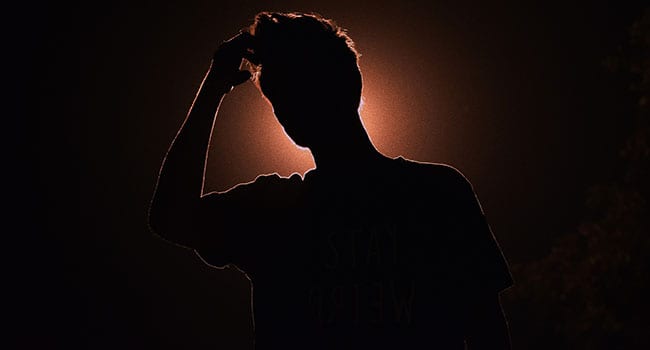 Society has become obsessed with identity.
Society has become obsessed with identity.
I’m old enough to remember when there was only one channel on the television and just two sexes. Humans came packaged as either male or female and vive la différence!
Now I’m told that there are many, many genders: agender, genderqueer, neutrois, pangender, transgender, androgyne, bigender, transmaculine and two-spirit, to name but a few.
And we get to pick the gender we identify with and to tell others what pronouns we’re to be addressed by. It’s considered bad manners – even a hate crime – to misgender someone.
Self-identification is the key –or so one might think – until the question of race comes up.
Canada has been blessed in recent years with many public figures who have chosen to come out as Indigenous. In my city of Winnipeg, for example, we have a member of Parliament, a mayor and a newspaper columnist who find it to their advantage to publicize their Indigenous identity.
But now a dissenting voice has emerged from Saint Mary’s University in Halifax, where a professor of social justice and communities studies examined the claim of Indigenous links of four candidates in the recent federal election.
According to Prof. Darryl Leroux, who coincidentally has a new book out on the subject, the claims of a Liberal, a Conservative and two Green Party candidates to native status are too shaky to be believed. Merely having an Indigenous ancestor isn’t sufficient grounds, he says.
Leroux’s objections to appropriated identity find an echo in a spokesman for Manitoba Métis, who dumps on any notion of there being a Métis people outside of Western Canada. So, members of the Eastern Woodlands Métis Nation and members of the Métis Nation of the Rising Sun, you’re not the genuine article. You should call yourselves Acadian or Mi’kmaq, says Will Goodon, housing minister for the Manitoba Métis Federation.
Naturally, this offends those aspirant politicians who made claims of native ancestry.
Jocelyn Rioux, Green Party candidate in the Quebec riding of Rimouski-Neigette-Témiscouata-Les Basques, billed himself as the “Aboriginal Chief for the Environment” for the Rising Sun band council. Rioux objects in a way that demonstrates that he’s a true master of the politically correct buzzword: “I remember when I was young being tormented by other children for being Indigenous, and now it’s adults who deny our identity. I imagine that the genocide continues to work in silence and true reconciliation is not here.”
Quite what makes Leroux or Woodson the guardians of racial identity is unclear. Nor are they any more helpful on just how much genetic material must reside in our bodies before we have an unshakeable right to assert membership in any tribe, clan or nation.
This is why self-indication has been chosen as the arbiter in sexual matters – never find what the chromosomes say, it’s what our feelings tell us that determine our true selves.
I don’t give a hoot what ethnic group my mayor, MLA or MP springs from. I’m delighted that the seats in our legislative chambers are filled with people whose ancestors were Sikhs, Cree, Scots, Inuit, Afro-Caribbeans, Anglos, Bretons and Bavarians.
The only culture I want them to identify with, however, is Canadian. And I want them to be brave enough to come out as honest, industrious and patriotic.
Gerry Bowler is a historian and senior fellow of the Frontier Centre for Public Policy.
Gerry is a Troy Media Thought Leader. Why aren’t you?
The views, opinions and positions expressed by columnists and contributors are the author’s alone. They do not inherently or expressly reflect the views, opinions and/or positions of our publication.


